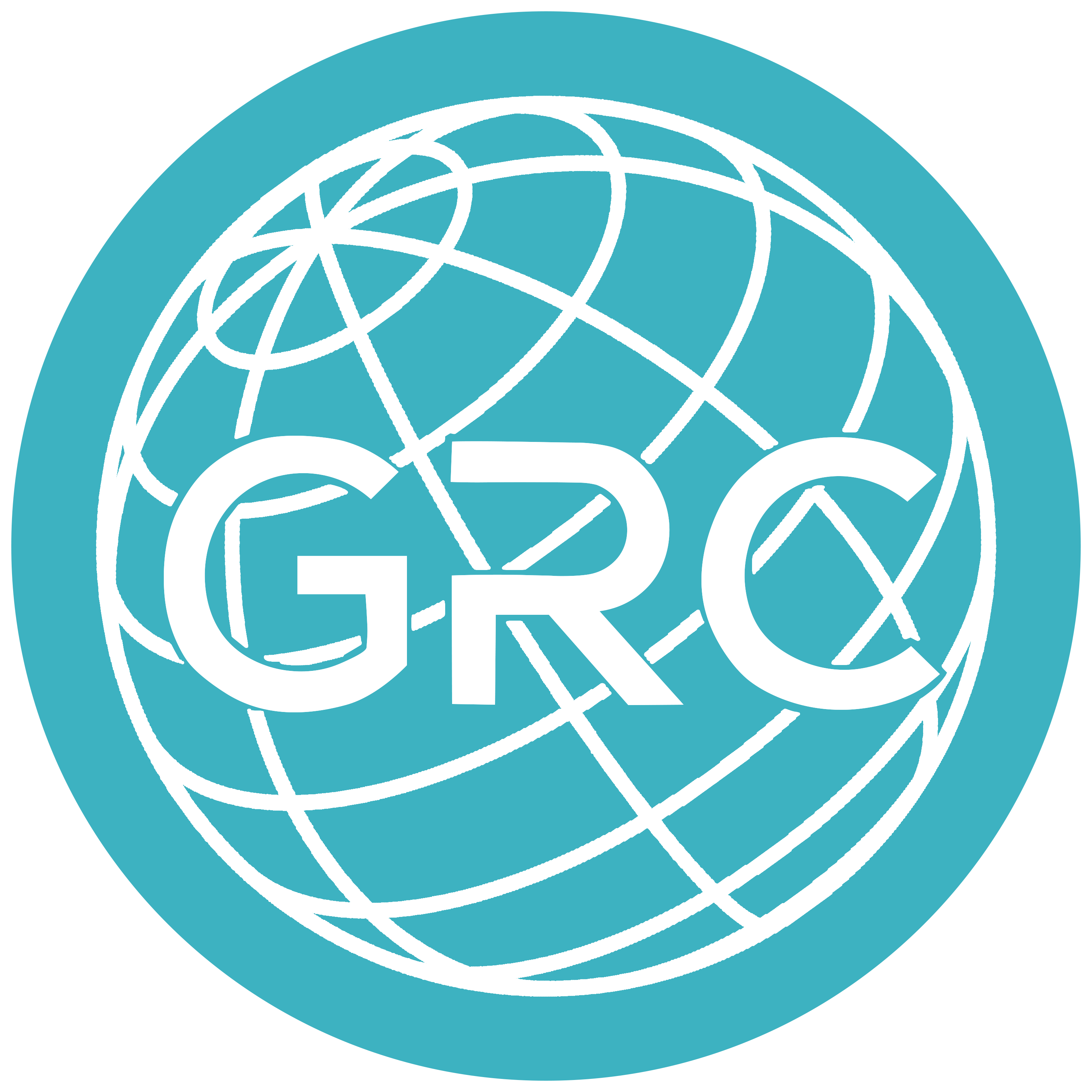Empowering Humanity: A Comprehensive Approach to Enhancing Global Qualities of Life
GRC 2023 Global Essay Competition Top 30
By Wuyan Li and Oliver Zhang
In an era of unprecedented advancements in science, technology, and globalization, our capacity to address fundamental challenges has never been greater. One alarming challenge is enhancing the quality of people’s lives worldwide. From improving essential nutrition and facilitating widespread vaccination to addressing complex social and economic determinants of health, the means to elevate the human condition are at our disposal. To advance the lives of all humanity, it is imperative to implement comprehensive strategies that encompass not only enhanced nutrition and widespread vaccines but also acknowledge broader social and economic factors and strengthen healthcare infrastructure. Fundamentally, global health is about achieving better health outcomes for vulnerable populations and communities worldwide.
Evidence shows that irregular metabolism caused by nutritional deficiencies can induce cellular stress, leading to metabolic dysregulation and tissue damage. Especially during childhood, as the brain matures faster than other body parts, one is more likely to be vulnerable to malnutrition since many cognitive abilities are linked to the development of specific brain parts. Signs of malnutrition emerge through physical deficits in memory, motor skills, language, and social skill development, making nutrition essential for growth and development. Nutrition also ensures a balanced consumption of micronutrients (including vitamins and minerals), macronutrients (including carbohydrates, proteins, and lipids), antioxidants, and fiber, and has been shown to prevent chronic diseases associated with obesity, the cardiovascular system, and certain cancers.
A practical method to improve nutrition is the implementation of agricultural interventions. As an example, wheat, having been cultivated globally on approximately 217 acres of land, is the most-grown crop in the world. Research has shown that increasing the dosage of nitrogenous fertilizers can result in protein growth and other nutrient concentrations in the wheat yield. Other studies have shown that dietary diversity is strongly associated with reducing malnutrition among people, especially children. The evidence collectively points to the same solution: implementing agricultural interventions and promoting the consumption of diverse diets will address people’s immediate nutritional needs, benefit long-term health, and prevent diet-related chronic diseases.
Vaccinations are indisputably a crucial way of protecting both the young and the old, seen through time over and over again. Its primary purpose is to introduce a specific type of antigen that prevents a particular type of bacteria or virus from making people sick. Administering vaccines to people isn’t just about protecting an individual, but, at times, responsible for protecting communities. “Vaccines underpin our global health security by preventing and controlling over 30 infectious diseases, reducing unnecessary hospitalizations, and controlling infectious disease outbreaks.” In addition, various vaccines worldwide have eradicated many deadly diseases in the 20th century, including Smallpox, Diphtheria, and paralytic Polio, with their annual morbidity rates being 29,005, 21,053, 16,316, respectively, now completely eradicated as of 2016. This shows that vaccines are highly effective for protecting communities and controlling infectious diseases.
An efficient way to strengthen immunization programs and reduce disease outbreaks is by increasing specific immunization programs targeting vulnerable populations. Mass urbanization has stretched the poverty gap and brought many problems, including pollution, lack of potable water, and sanitation issues. Due to the increase of intense human trafficking in recent years, viruses and diseases that emerge in either rural areas or urban cities could rapidly spread into any new place with ease. COVID-19, for example, had over 500,000 confirmed cases in the US alone in less than four months after the first cases of the epidemic. Evidence and history show that it is of utmost importance to provide more immunization programs and promote vaccines in vulnerable areas to prevent the future spread of epidemics.
To conclude, by acknowledging the intricate interplay between nutrition, vaccination, social dynamics, and economic structures, societies can aspire to foster lasting improvements in the overall quality of life. The comprehensive strategies emphasize individual well-being and creating robust and equitable communities. Strengthening healthcare infrastructure becomes a cornerstone, ensuring that the benefits of progress reach every corner of society. In essence, the pursuit of elevated quality of life transcends isolated interventions. It requires a holistic understanding of the myriad factors shaping human well-being. As societies wrestle with present and future challenges, a commitment to comprehensive strategies becomes the foundation for fostering sustainable development and shared prosperity across the diverse tapestry of humanity.
Bibliography
Ansuya, Baby S. Nayak, B. Unnikrishnan, Y. N. Shashidhara, and Suneel C. Mundkur. “Effect of Nutrition Intervention on Cognitive Development among Malnourished Preschool Children: Randomized Controlled Trial.” Scientific Reports 13, no. 1 (June 30, 2023): 10636. https://doi.org/10.1038/s41598-023-36841-7 .
Barbosa, Paula. “Vaccines Are Crucial to Lifelong Health and Future Global Health Security.” IFPMA, January 12, 2023.https://www.ifpma.org/insights/vaccines-are-crucial-to-lifelong-health-and-future-global-health-security.
Centers for Disease Control and Prevention. “CDC Museum COVID-19 Timeline.” Centers for Disease Control and Prevention. CDC, March 15, 2023.https://www.cdc.gov/museum/timeline/covid19.html. ———. “Poor Nutrition.” CDC, September 8, 2022.https://www.cdc.gov/chronicdisease/resources/publications/factsheets/nutrition.htm.
Chen, Yiheng, Marek Michalak, and Luis B. Agellon. “Importance of Nutrients and Nutrient Metabolism on Human Health.” The Yale Journal of Biology and Medicine 91, no. 2 (June 28, 2018): 95–103. https://www.ncbi.nlm.nih.gov/pmc/articles/PMC6020734.
Erenstein, Olaf, Moti Jaleta, Khondoker Abdul Mottaleb, Kai Sonder, Jason Donovan, and Hans-Joachim Braun. “Global Trends in Wheat Production, Consumption and Trade.” Wheat Improvement, 2022, 47–66. https://doi.org/10.1007/978-3-030-90673-3_4.
Ka-Wai Hui, Eric. “Reasons for the Increase in Emerging and Re-Emerging Viral Infectious Diseases.” Microbes and Infection 8, no. 3 (March 2006): 905–16.https://doi.org/10.1016/j.micinf.2005.06.032.
Khamis, Ahmed Gharib, Akwilina Wendelin Mwanri, Julius Edward Ntwenya, and Katharina Kreppel. “The Influence of Dietary Diversity on the Nutritional Status of Children between 6 and 23 Months of Age in Tanzania.” BMC Pediatrics 19, no. 1 (December 2019). https://doi.org/10.1186/s12887-019-1897-5.
Orenstein, Walter A., and Rafi Ahmed. “Simply Put: Vaccination Saves Lives.” Proceedings of the National Academy of Sciences 114, no. 16 (April 10, 2017): 4031–33.https://doi.org/10.1073/pnas.1704507114.
Reznick, João Paulo Kruger, Gabriel Barth, Glaciela Kaschuk, and Volnei Pauletti. “Nitrogen and Cultivars as Field Strategies to Improve the Nutritional Status of Wheat Grain and Flour.” Journal of Cereal Science 102 (November 2021): 103290. https://doi.org/10.1016/j.jcs.2021.103290.



